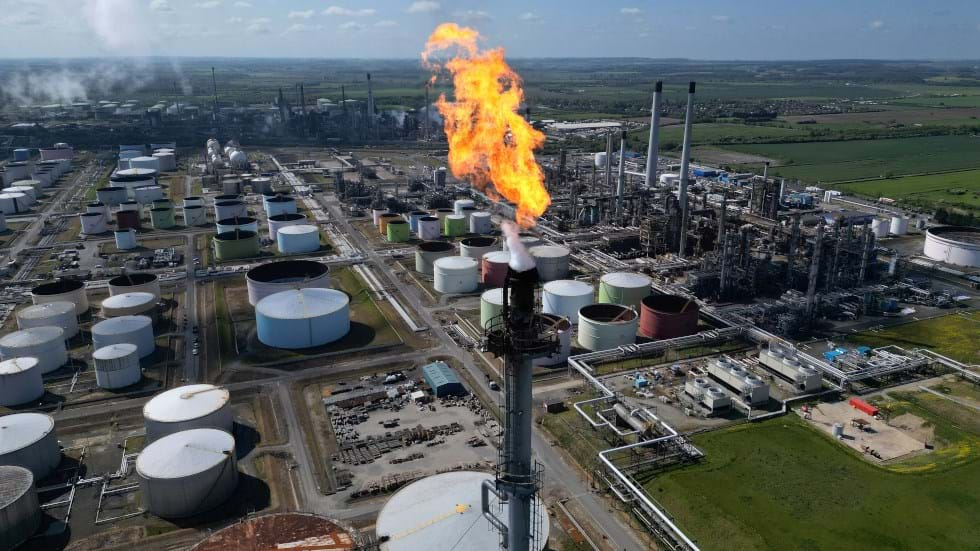With Lindsey refinery on brink, UK government will review compensating refineries for high power costs

THE UK refining industry has welcomed news that the government is reviewing potential compensation for high electricity prices after Prax Lindsey refinery was placed into insolvency yesterday.
Speaking in parliament yesterday evening, energy minister Michael Shanks said the government will review whether the refining sector should be included in the energy intensive industry (EII) compensation scheme which offers support to industries particularly exposed to the high cost of electricity.
With the UK paying significantly higher industrial electricity costs than other countries, the scheme provides businesses including steel, paper and battery manufacturers with relief for the costs of the UK Emissions Trading Scheme (ETS) and Carbon Price Support mechanism in their electricity bills.
Elizabeth de Jong, CEO of trade group Fuels Industry UK, said the review is “a positive first step, which must be followed up by other concerted actions to address the lack of competitiveness in the UK refining sector”.
The Lindsey refinery, which Prax bought from Total in 2021, filed for insolvency on 29 June. Financial records show it lost £75m (US$103m) between 2021 and February 2024. Shanks said the business reassured the government in May that the refinery was not at risk of immediate closure and then last week warned it would go out of business, leaving the government little time to respond.
The site employs around 400 workers. Shanks said its “wealthy owner cannot wash his hands of his obligations to the workers and their families. That is why we call on him to put his hands in his pockets and deliver proper compensation for the workers”.
The refinery is the smallest of five refineries left in the UK. It has the capacity to produce the equivalent of around 35% of British petrol and 10% of British diesel, while also supplying aviation fuel to Heathrow through a pipeline.
Shanks said: “The official receiver will take immediate steps to ensure safe operations at the site, ensure continued fuel supply and explore all credible options for a sale.”
“Our very first option is to see whether someone wants to take on the refinery as a going concern, and we will put every effort into trying to find one. If that is not possible, we will look at what the wider future of the site might be and what possibilities exist for other industries on that site.”
Something similar is happening at the Grangemouth refinery in Scotland where operations shut down in April and alternative options for the site – including plastics recycling and bio-feedstock production – are being explored through a scheme called Project Willow.
Andrew Bowie, shadow energy minister, said bringing refineries within the scope of the EII compensation scheme was a “sticking plaster response” that does not address the fundamental problem of high energy prices.
Shanks hit back saying the government has outlined a plan to implement a clean power system with renewables and nuclear that would bring down prices and shield against volatile fossil fuel costs, but Conservatives oppose the initiatives.
In its industrial strategy published last week, the government announced measures to cut industrial electricity costs by around 25% but not until 2027.
The insolvency does not impact Prax’s 200 UK petrol stations run under the Breeze and Harvest brands or the oil and gas fields and Shetland gas plant it bought from TotalEnergies last year.
Recent Editions
Catch up on the latest news, views and jobs from The Chemical Engineer. Below are the four latest issues. View a wider selection of the archive from within the Magazine section of this site.




